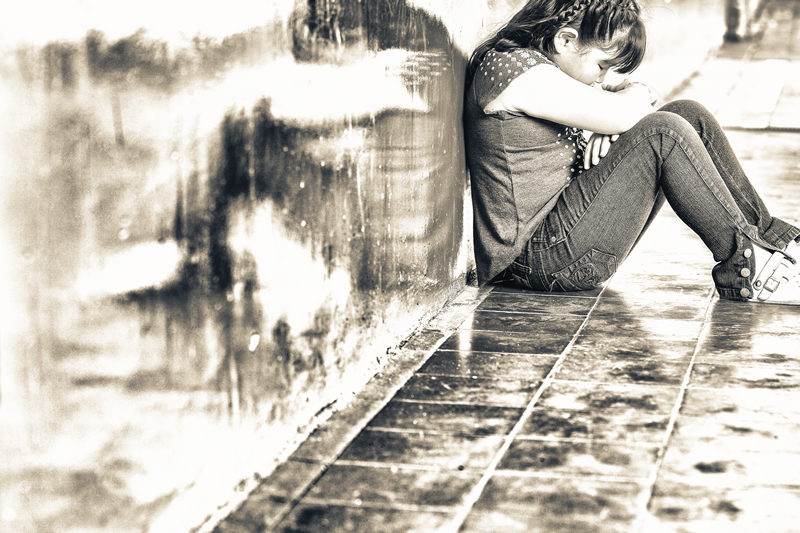Why is There an Increase in Domestic Violence During the Christmas Season?
14

The Christmas period typically sees a rise in police responses to domestic abuse incidents.
The pandemic exacerbated the situation, and research has indicated an estimated 15,000 children will be exposed to domestic abuse during the two-week festive period.
Janette Smeeton, CEO at DRCS, looks at the factors which potentially contribute to this seasonal increase and explores the implications for families, offering guidance on safety planning.
Factors which contribute to domestic violence include:
- Financial stress
- Alcohol consumption
- The pursuit of a 'perfect' Christmas, and
- Prolonged close quarters
Some Statistics
Back in March 2020, the United Nations predicted an increase in widespread domestic abuse due to COVID-19 restrictions, including a rise in femicides and child abuse.
Early research findings now confirm this, with the UK experiencing a 20% increase in police reports on domestic abuse incidents and a 66% surge in calls to the national domestic violence helpline.
Christmas 2020 saw a nearly twofold increase in domestic violence incidents nationwide, rising from 200,000 reports in 2019 to 369,000 in 2020.
Covid is now a distant memory for most of us, but not for those with long covid and long lasting mental & physical health issues, but domestic abuse does increase over the festive season as a trend each year.
What are the Risks to Children?
Children's charities express equal concern this Christmas, with the NSPCC estimating that 3.2% of those under 11 and 2.5% of those aged 11–17 have been exposed to domestic violence in the past year.
This implies that at least 15,000 children could be exposed to domestic violence over the two-week Christmas period.
There is also a concern about direct abuse of children during this time, supported by official data from the first year of the pandemic, revealing a significant increase in serious incidents involving children in England. Child harm cases reported by local authorities rose by 20%, child deaths increased by 19%, and incidents of harm or killing of babies rose by 20% during this period.
What Drives the Increase in Incidents?
It is crucial to acknowledge that incidents tend to rise during Christmas, after events such as sporting football games/tournaments.
These occurrences do not cause abuse, but provide perpetrators with excuses to exert more power and control over their intimate partners.
Perpetrators of abuse make a deliberate choice to act abusively and should always be held accountable for their actions.
Many abusers exploit Christmas and other factors such as alcohol, financial stress, or mental health issues to justify their abusive behaviour or, more commonly, to blame their victims for the abuse.
The festive period compounds difficulties for victims, with fewer opportunities to report abuse and limited avenues for seeking safety. Additionally, school closures during the holidays restrict children's opportunities to report abuse and access support.
For further advice on seeking mental health support as a result of domestic abuse contact DRCS on 0800 047 6861.
#DRCS#CounsellingServices #Derbyshire
Other Articles
"Fix Me" - Developing Affirmative Practice with LGBT+ Clients
15
Inclusive Yoga Sessions Now Taking Place At DRCS Chesterfield
10
Happy New Year From All At DRCS
2
Season's Greetings From DRCS
24
Derwent Rural Counselling Becomes A Registered Derbyshire Safe Plac
12
2025 Christmas Holiday & Festive Season Opening Hours For DRCS
17
November Means Movember & Talking About Mental Health
10
Shining A Light On Workplace Wellbeing With Stress Awareness Day 2025
5
Feel Good Friday With DRCS Appreciating Nature
31
Come & Join DRCS For A Health & Wellbeing Day On 16th November 2025 At Casa In Chesterfield
29
